According to the United NationsEducational , Scientific and Cultural Organization (UNESCO), there is a 'negative link' between excessive mobile phone use and poor academic performance. Too much screen time negatively affects children's emotional stability.
UNESCO’s call to ban smartphones in schools sends a clear message that digital technology , including artificial intelligence (AI), must always be based on a “human-centered” vision of education and can never replace face-to-face interaction with teachers.
UNESCO warns policymakers against thinking too hard about digital technology. Its positive impact on learning outcomes and economic performance may be overstated, and new is not always better. “Not all change is progress,” the report concludes.
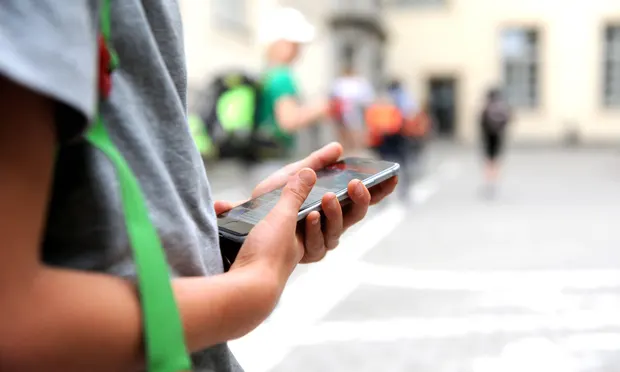
As learning moves more online, especially at universities, UNESCO urges policymakers not to overlook the social dimension of education, in which students receive face-to-face instruction.
According to UNESCO Director-General Andrey Azoulay, the digital revolution has limitless potential but how it is used in education should be taken into account. Technology must be used to enhance the learning experience, the well-being of students and teachers, not to its detriment. “ Keep the needs of learners first and support teachers. Online connectivity is not a substitute for human interaction,” said Andrey Azoulay. speak.
In the report, UNESCO said that countries need to set clear goals and principles to ensure that digital technology in education is beneficial and avoids harming individual health, democracy, and human rights.
Students who use technology in the classroom or at home too much or improperly, whether it's a smartphone, tablet or laptop, can become distracted and affect their learning.
The UNESCO report cites data showing a negative link between excessive use of technology and learning outcomes.
While technology has the potential to open up learning opportunities for millions, its benefits are not evenly distributed, with many poor people excluded. Digital education infrastructure is also expensive and its environmental costs are underestimated.
According to UNESCO, there is little robust research to prove that digital technology increases the benefits of education. Much of the evidence comes from private education companies that fund their products to sell them. Their influence on global education policy is “worrisome,” UNESCO said.
UNESCO says countries should “wake up to the importance of putting learners first” when it comes to digital technology. China is one of the countries that has set boundaries for the use of digital devices as teaching tools, limiting it to 30% of teaching time and giving students regular breaks.
The organization acknowledged that online learning has helped keep learning uninterrupted during Covid-19. It estimates that more than 1 billion students have switched to online learning during the pandemic, but millions of poor students without internet access have been left behind.
Based on an analysis of 200 education systems around the world, UNESCO estimates that one in four countries has banned smartphones in schools, either through law or regulation. Of these, France introduced the policy in 2018 and the Netherlands in 2024.
“Students need to focus and be given the opportunity to learn well,” Dutch Education Minister Robbert Dijkgraaf said when he announced the ban this month. “Scientific research shows that mobile phones are disruptive. We need to protect students from that.”
In the UK, former education secretary Gavin Williamson called for a ban on mobile phones in schools by 2021 to tackle poor discipline, but was rejected by teaching unions. Smartphone policies in secondary schools in the UK vary widely, but generally require phones to be turned off and kept out of sight on school grounds. They can be used with teacher permission, and misuse can result in confiscation.
Geoff Barton, general secretary of the Association of School and College Leaders, said that a complete ban on mobile phones in schools would cause some inconvenience, such as when parents wanted to contact their children, or when students used them to pay for public transport.
He understands that concerns about mobile phone use are completely legitimate. However, he says that problems from smartphone use, such as cyberbullying and mental health issues, mostly occur outside of school.
(According to The Guardian)

Source










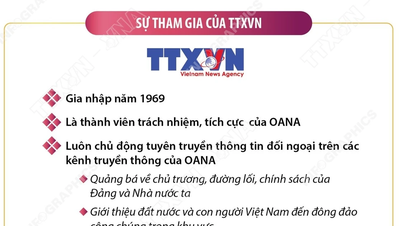







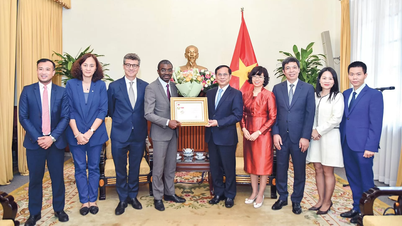







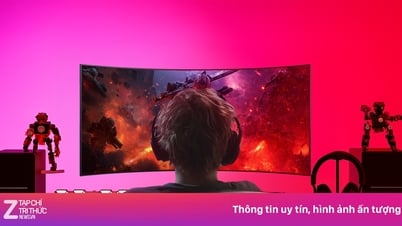








































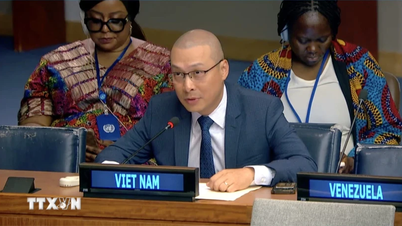





































Comment (0)